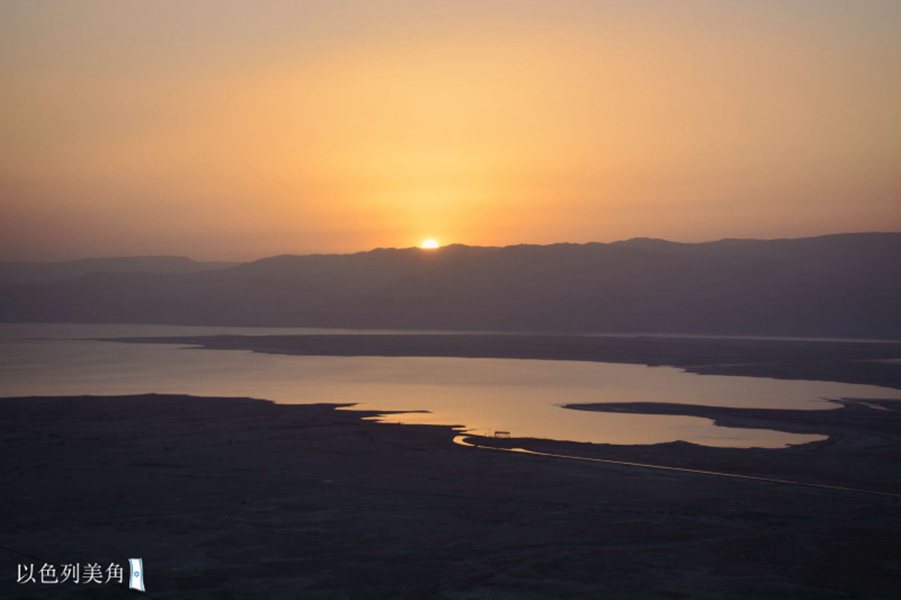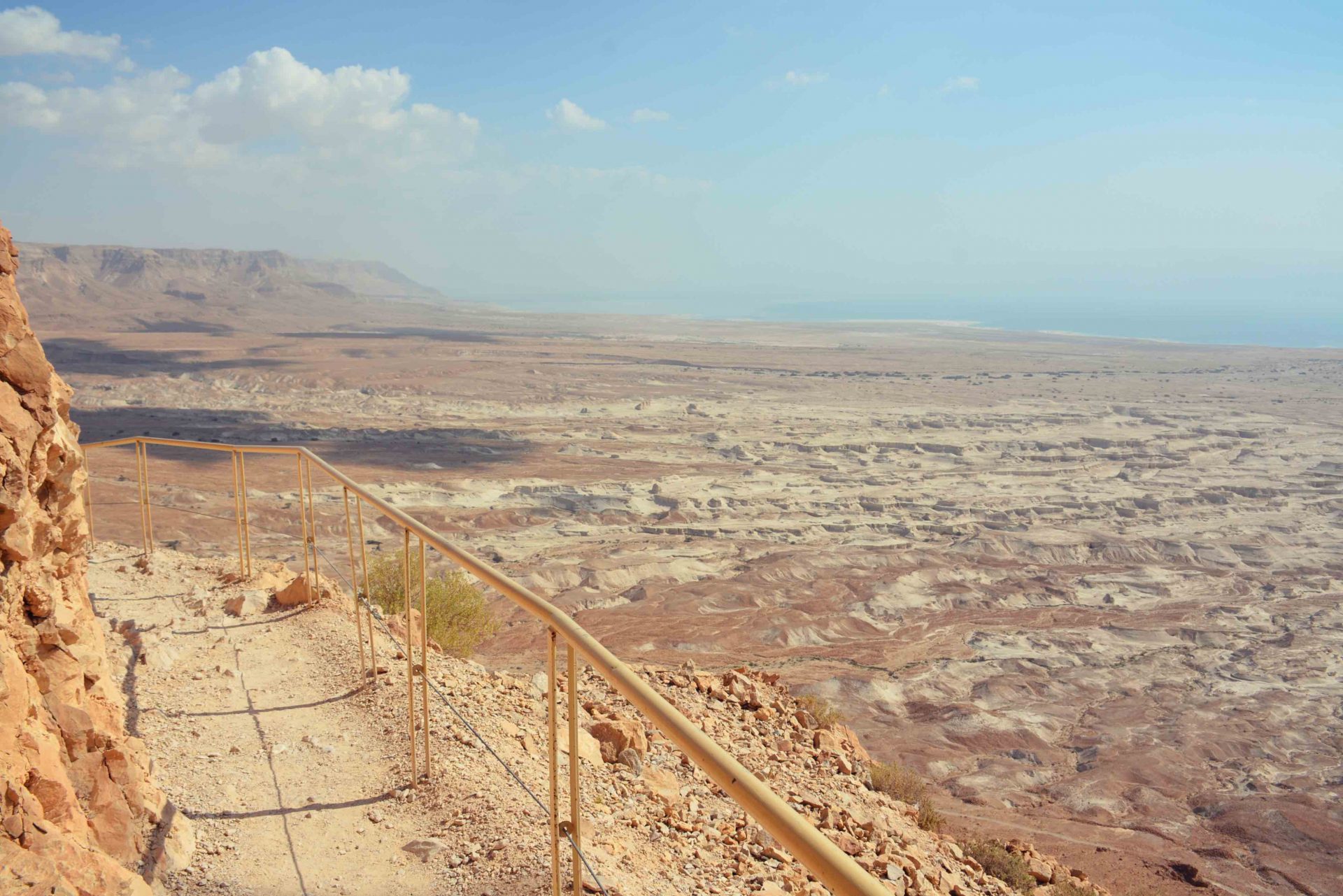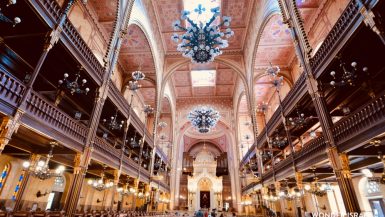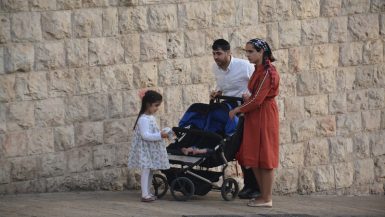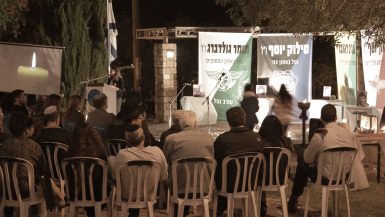Herod, who madly loved architecture, built an extravagant five-star resort on a cliff in the wilderness of Judah. Obviously, water resources would have been a problem, but there were facilities such as saunas and swimming pool here. From the height of 400 meters, the jaw-dropping view of the Dead Sea is unobstructed. This famous site from 2,000 years ago is known as Masada.
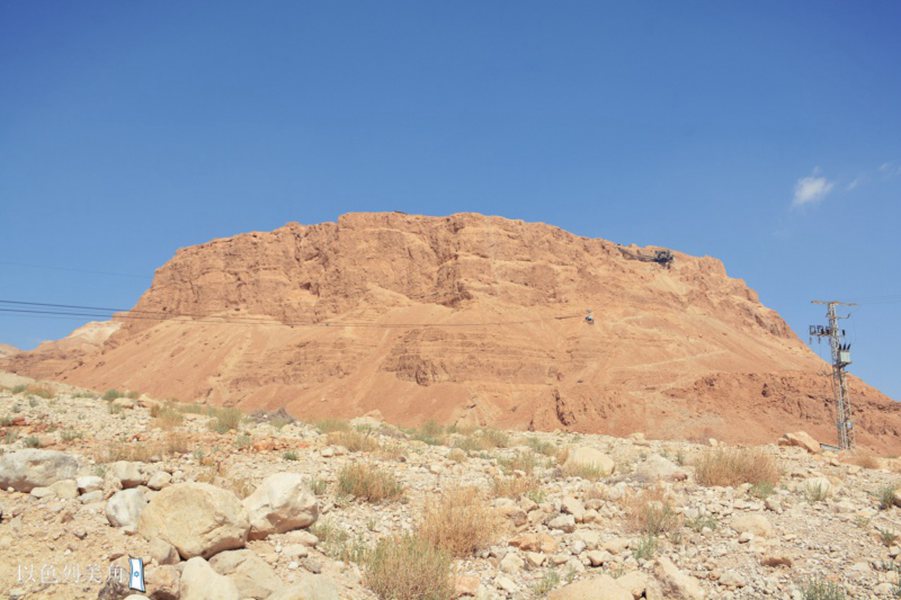
מצדה = Masada is Fortress
מצדה, (Masada/Matsada) this word means fortress in modern Hebrew. It is a place of refuge and protection. This word has appeared in the Bible many times as fortress or stronghold.
I love You, Adonai my strength! Adonai is my rock, my fortress and my deliverer. My God is my rock, in Him I take refuge, my shield, my horn of salvation, my stronghold. (מצודתי = Masada) (Psalms 18:1-2)
I will say of Adonai, “He is my refuge and my fortress (מצודתי = Masada) , my God, in whom I trust. (Psalms 91:2)
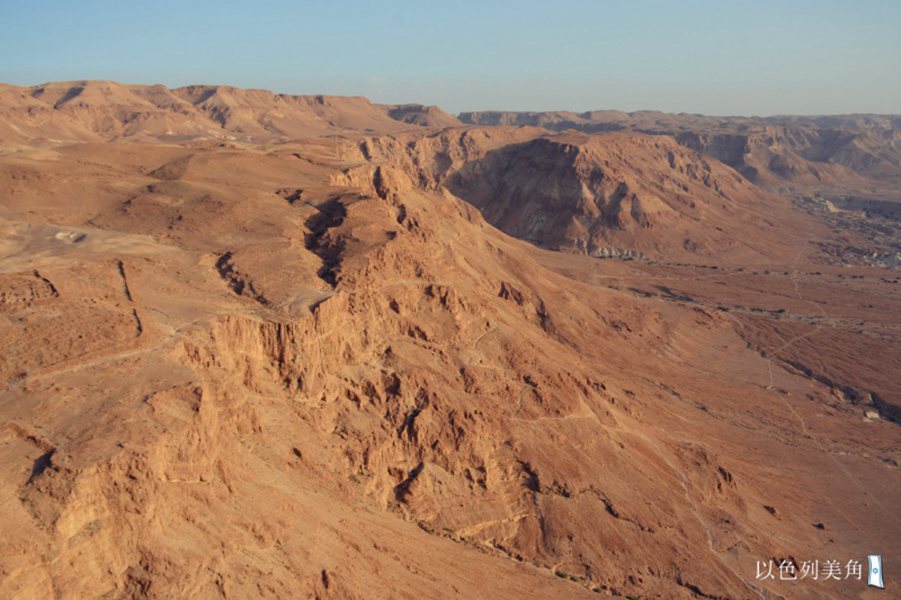
Masada may be the best model of “fortress”. A “fortress” should have a superior strategic position so that it is difficult to break. This word also has a meaning of “net” or “hunt”, because when an enemy enters into attack range, it is like entering the snare.
After the Jewish Revolt failed in 66 AD, the Jewish warriors who stayed behind in Masada faced attacks by 8 battalions of Legio X Freeness through Snake Path. But they easily defeated them with stones, bows, and arrows. They were under a siege, but abundant storage of food could last them at least for four years. And there was no shortage of water. It’s recorded that soldiers showed off by hanging washed clothes to show Romans just how much water was available.
But who would have thought that the Roman army had built a ramp that could directly break the gate of Masada? One could imagine what those 968 Jews in Masada felt when reading this passage:
In You, Adonai, have I taken refuge: Let me never be put to shame. In Your righteousness, deliver me. Turn Your ear to me, rescue me quickly. Be a rock of refuge for me, a stronghold for my deliverance. Since You are my rock and my fortress (מצודתי = Masada) , You lead me and guide me for Your Name’s sake. (Psalms 31:1-3)
In the eve of Passover, the wall of Masada stronghold was smashed, and the Roman army barged in but only to find dead silence and corpses. So many of them, including women and children. These Jews rather chose to end their lives than to be slaves of the Romans. Masada was already the last standing fortress of the Jews, the second temple had already been destroyed, it seemed like this people who made a covenant with God ended in tragedy. They would soon be forgotten history.
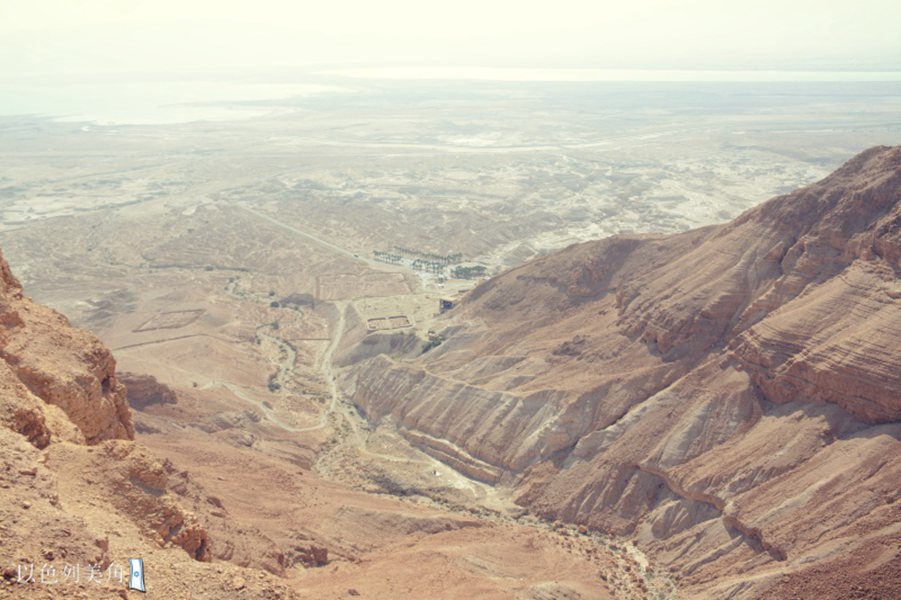
But not quite so. The Jews in diaspora didn’t forget their God. Every Hanukkah, the Jews remember how God helped the Maccabees miraculously defeated the Greek rulers, and took back the desecrated temple. Or during Purim, they commemorate how God helped Esther and Mordechai and the whole Jewish nation not to perish.
Although Masada fell, the real fortress was never shaken.
Who would have imagined that God lifted up a banner for the nations, and gather the scattered of Judah? On the contrary, the once glorious Roman Empire ceased to exist. The Jews re-established their homeland. In 1955, archaeologists rediscovered “Masada”. Modern Israelis especially like to hike up through snake path, watch the sunrise or pray morning prayers here. Some have their Bar Mitzvah here. And Israeli IDF new recruits come to Masada to make a vow that “Masada will never fall again.”
There is always fear in life, and we want God intervenes and saves us quickly. We don’t like to suffer. But when prayer is not immediately heard or the situation is not improved, we may start to doubt or question God. But the trick is, we should allow more time in waiting. Because the God who brought Israel back to the promise land still saves. He is still that stable and strong “Masada”
